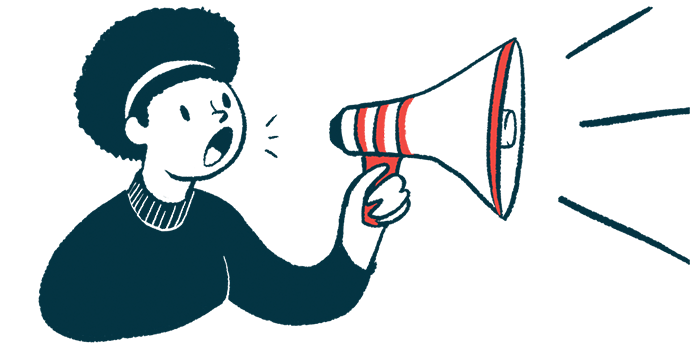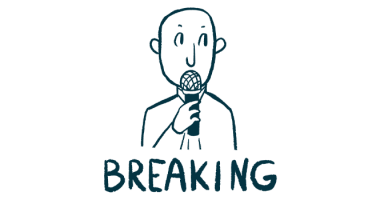GC012F, CAR-T Cell Therapy Candidate, Granted FDA Orphan Drug Status

Gracell Biotechnologies’ investigational new treatment for multiple myeloma, GC012F, has been named an orphan drug by the U.S. Food and Drug Administration (FDA).
Orphan drug status is intended to encourage the development of therapies for rare diseases affecting fewer than 200,000 people in the U.S. It provides benefits and incentives, including exemption from FDA application fees, assistance in clinical trial design, and seven years of market exclusivity if eventually approved.
“We are very excited about being granted Orphan Drug Designation for the treatment of Multiple Myeloma by the U.S. FDA, another key milestone in advancing our program globally,” Martina Sersch, MD, PhD, chief medical officer of Gracell, said in a press release. “Multiple Myeloma patients are in need of more efficacious and tolerable therapies providing deep and durable responses and ultimately extending progression free and overall survival.”
GC012F is an experimental CAR-T cell therapy, a form of immunotherapy that collects a patient’s own immune T-cells and modifies them in the lab to better recognize and eliminate cancer cells.
Modified T-cells in GC012F are specifically engineered to target two proteins simultaneously — the B-cell maturation antigen (BCMA), found at high levels on the surface of myeloma cells, and the CD19 protein on early progenitor cells that could give rise to more myeloma cells. This is expected to result in fast, deep, and long-lasting responses to treatment, the company said.
In addition, the therapy is produced using the company’s FasTCAR platform, which enables a much faster manufacturing process — one to two days instead of two to six weeks — and the generation of highly active and proliferative cells that do not require an expansion step before being introduced back into the patient.
GC012F is being tested in an investigator-initiated trial in China (NCT04935580) as a first-line therapy for 20 myeloma patients who are eligible for a stem cell transplant and have a high-risk profile.
It is also under investigation in two clinical trials (NCT04236011, NCT04182581) for people, most of whom are high risk, with relapsed or refractory myeloma who received an average of five types of therapy.
Results showed that 94.7% of patients responded to a single infusion of GC012F, with responses starting four weeks after infusion. All responses were very good partial responses, referring to a near complete depletion of tumor signs, and all patients achieved minimal residual disease negativity, meaning that no residual tumor cells were found in circulation.
About 13.8 months after the infusion, at least half of patients were still responding to treatment, and no cases of serious cytokine release syndrome — a potential side effect of immunotherapies — were reported.
“GC012F has demonstrated fast, deep and durable responses in patients with Relapsed/Refractory Multiple Myeloma in an ongoing … study in China with most patients on study being high risk,” a difficult-to-treat patient population, Sersch added.
The company is now working with Lonza to manufacture GC012F in the U.S. and plans to file an investigational new drug application requesting that clinical studies start in the U.S. in the first half of 2022.







